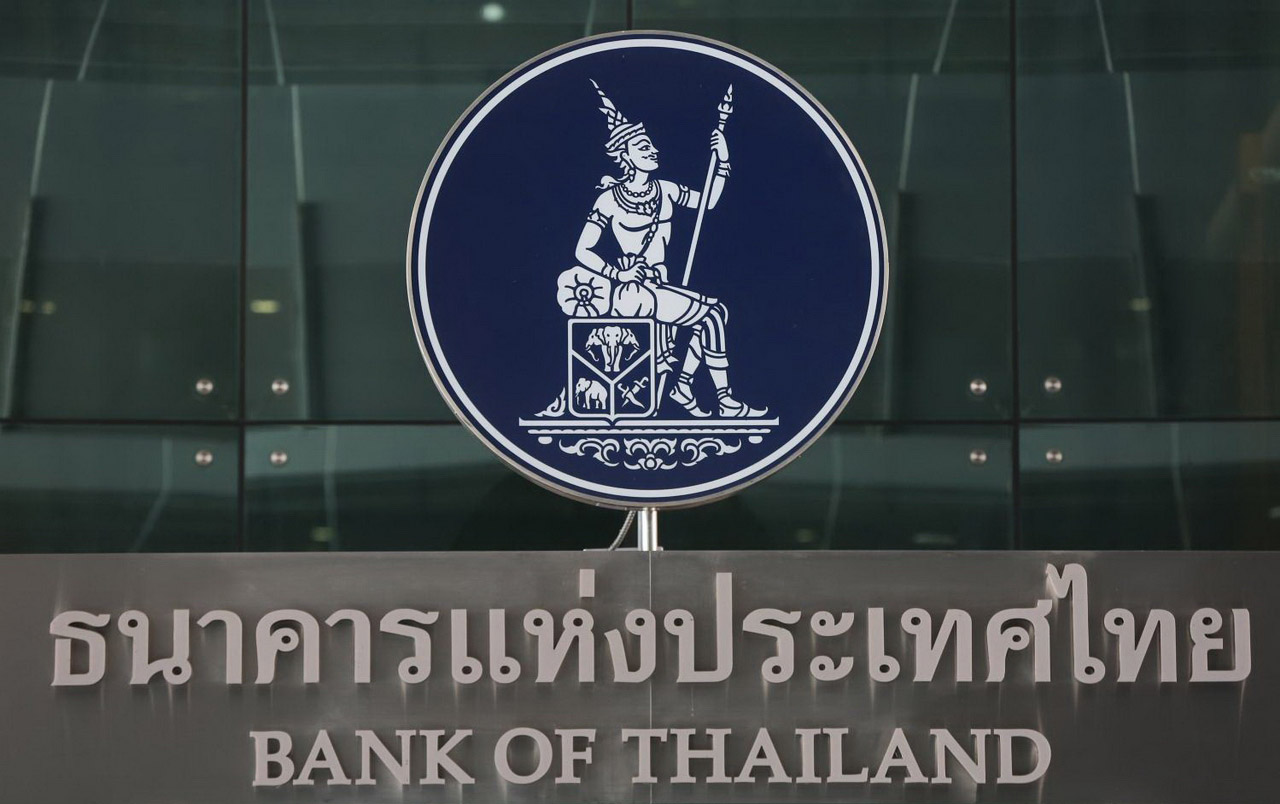|
Key Contacts Ratana Poonsombudlert Nirawan Parkpeeranun Suphakorn Chueabunchai Chandler MHM Limited |
An obligation to pay stamp duty exists when documents, defined as ‘instruments’, are executed for certain types of transactions mentioned in the Schedule to the Revenue Code. Electronic transactions entered into in accordance with the Electronic Transactions Act B.E. 2544 (2011) are also subject to stamp duty. Such transactions had been largely overlooked by the Revenue Department unless evidence of those transactions was printed out in hard copy for record keeping purposes, or as evidence for use in courts.
On 28 June 2019, the Revenue Department introduced a notification which requires parties who enter certain electronic transactions to pay stamp duty in cash (Notification of the Director-General of the Revenue Department relating to Stamp Duty (No. 58) re: Prescribing the Payment Method in Cash for the Electronic Transactions (“Notification No.58”). Previously, stamp duty could either be paid in cash, or stamp duty could be affixed to the instrument. Notification No.58, which became effective on 1 July 2019, requires that parties to certain electronic transactions make stamp duty payments in cash via the Revenue Department’s electronic payment system. Notification No.58 applies to the following electronic transactions:
- Hire of work contracts;
- Loan agreements or agreements for bank overdrafts;
- Powers of attorney;
- Proxy letters for voting at company meetings; and
- Guarantee agreements
Action to be taken:
Under Notification No.58, the party responsible for payment of stamp duty must submit form Or.Sor.9 via either (i) the Revenue Department’s website; or (ii) the Application Programming Interface of the Revenue Department. The stamp duty payment process must be completed before or within 15 days from the date of execution of the electronic transaction (“Electronic Stamping”). Electronic Stamping can be made by the individual required to pay the stamp duty himself or herself via a bank transfer directly to the bank account of the Revenue Department, or by using a service provider appointed
to act on behalf of such individual via the electronic filing system located on the Revenue Department’s website for payment of stamp duty.
Physical stamp duty not required:
The physical stamp indicating the required duty (often placed on a physical document if executed by parties in hard copy), or form Or.Sor.4 (the form evidencing payment of stamp duty in cash) is not required for electronic transactions (as listed above). However, the Notification of the Director-General of the Revenue Department relating to Stamp Duty (No. 59) published on 22 July 2019 permits the use of form Or.Sor.4 for the type of electronic transactions listed above that are executed on or before 31 December 2020.
Penalties:
Any instrument, regardless of whether it is executed in a paper form or electronically, that is not properly affixed with the stamp duty or which does not have evidence of payment of stamp duty, as required, may be subject to surcharges that can be up to six times the required stamp duty amount. In addition to surcharges, the person or company liable for paying the stamp duty may not be able to introduce such physical document or electronic transaction as evidence in a court.
Power of attorney of proxy:
If the electronic transaction is a power of attorney or a proxy, a code issued by the Revenue Department to certify the payment of stamp duty made via the Revenue Departments’ electronic payment system must be used in association with such power of attorney or proxy. This code verifies the legitimate status of the agent or representative of a shareholder who is entitled to be present and vote at a company’s shareholders meeting.
Required action by business operators:
Business operators should carefully consider whether electronic transactions that are related to their business activities are subject to stamp duty under Notification No.58. For example, in some cases a hire of work contract is drafted to appear to be a purchase order to circumvent the stamp duty payment requirements. If such transaction is determined to be a hire of work contract, the transaction would fall under the stamp duty payment requirements of Notification No.58. If such transaction is a purchase order, stamp duty is not required to be paid.
This publication is intended to highlight an overview of key issues for ease of understanding, and not for the provision of legal advice. If you have any questions about this publication, please contact your regular contact person(s) at Mori Hamada & Matsumoto or Chandler MHM Limited, or any of the Key Contacts listed in the far-right column.


























































 Chandler MHM Limited
Chandler MHM Limited Jessada Sawatdipong
Jessada Sawatdipong







